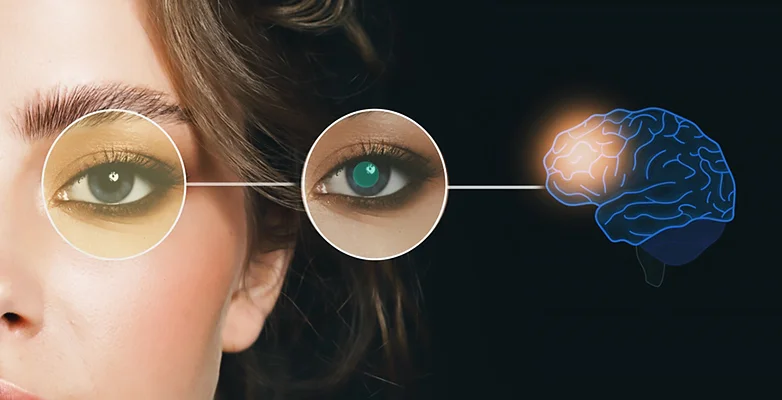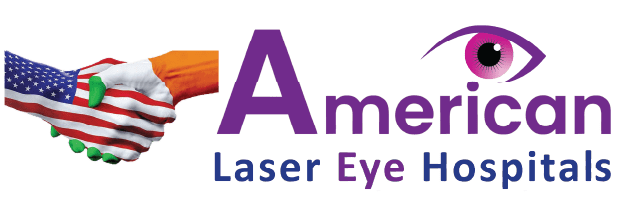What is Neuro Ophthalmology?
Neuro-ophthalmology is a specialized field that focuses on vision problems linked to the nervous system. The eyes capture visual information, but it’s the brain—via the optic nerve—that processes what we see. Any disruption in this connection, such as damage to the optic nerve or related brain pathways, can lead to serious visual impairments and, in some cases, permanent vision loss.

Neuro-Ophthalmology Treatments
1. Medications
- Immunosuppressants for autoimmune disorders like myasthenia gravis.
Diuretics (e.g., acetazolamide) to lower intracranial pressure in cases like idiopathic intracranial hypertension.
Antibiotics or antivirals if infections are involved.
2. Vision Therapy
Customized exercises and techniques to improve eye coordination and strengthen visual processing.
3. Prism Glasses
Used to correct double vision caused by eye muscle weakness or nerve palsies.
4. Surgical Treatments
Strabismus surgery to correct misaligned eyes.
Eyelid surgery for drooping lids (ptosis) affecting vision.
Decompression surgery for cases like optic nerve compression due to tumors or trauma.
6. Lifestyle & Supportive Care
Visual aids for low vision
Nutritional support (especially in toxic or nutritional optic neuropathies)
Physical and occupational therapy in severe neurological conditions
Neuro-Ophthalmic Conditions
1. Optic Neuritis
Inflammation of the optic nerve, often causing sudden vision loss and pain with eye movement—commonly associated with multiple sclerosis.
2. Papilledema
Swelling of the optic disc due to increased pressure inside the skull (intracranial pressure), which can lead to vision problems if untreated.
3. Ocular Myasthenia Gravis
An autoimmune condition that causes weakness in the eye muscles, leading to drooping eyelids (ptosis) and double vision.
4. Cranial Nerve Palsies
Paralysis or weakness of the nerves controlling eye movement, which may cause double vision and misalignment of the eyes.
5. Idiopathic Intracranial Hypertension (IIH)
A condition with increased brain pressure without a detectable cause, often seen in young women, leading to headaches, blurred vision, and papilledema.
6. Visual Field Defects
Loss of part of the field of vision due to brain or optic nerve damage, such as from stroke, tumor, or trauma.
7. Optic Neuropathy
Damage to the optic nerve due to various causes like ischemia (poor blood flow), toxins, or hereditary conditions.
Neuro-Ophthalmology FAQ– American Laser Eye Hospitals
Neuro-ophthalmology is a medical specialty that deals with vision problems related to the brain, optic nerve, and eye movement. It combines neurology and ophthalmology to diagnose and treat conditions that affect both vision and the nervous system.
Symptoms may include blurred or double vision, sudden vision loss, drooping eyelids, abnormal eye movements, headaches, or visual field defects. These symptoms may appear gradually or suddenly and often require immediate attention.
You should consult a neuro-ophthalmologist if you have unexplained vision changes, persistent double vision, visual field loss, optic nerve swelling, or neurological conditions affecting your eyes.
Diagnosis typically involves a detailed eye exam, visual field testing, imaging studies like MRI or CT scans, optical coherence tomography (OCT), and sometimes blood tests or neurological evaluations.
Yes. American Laser Eye Hospitals offers comprehensive neuro-ophthalmology care, combining advanced diagnostics and treatments with expert consultants to manage complex vision and neurological issues.
